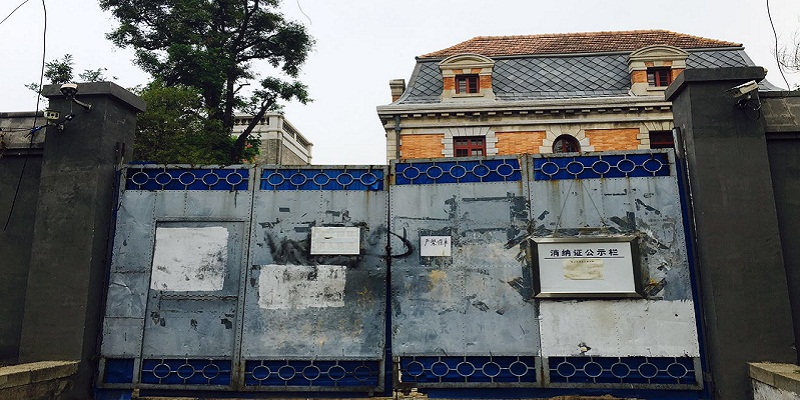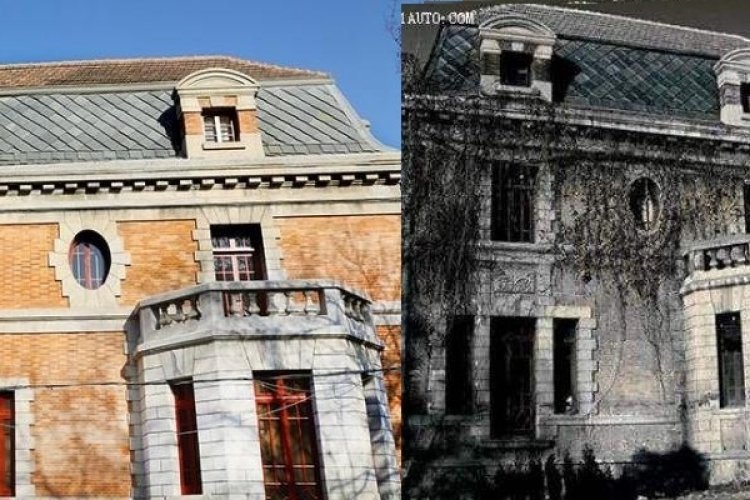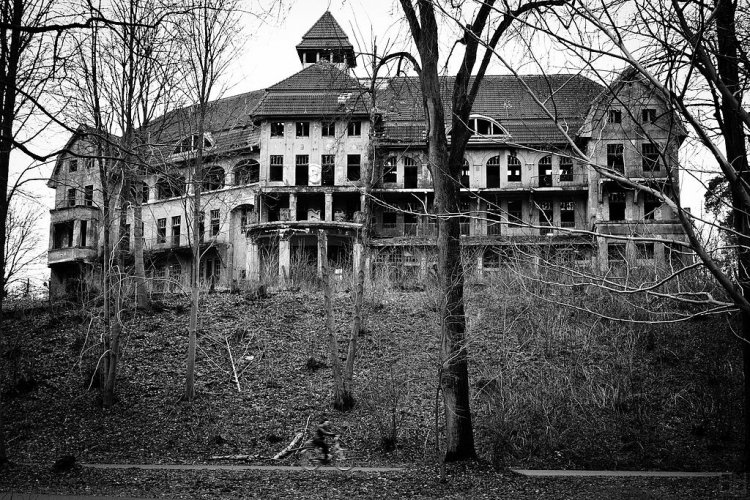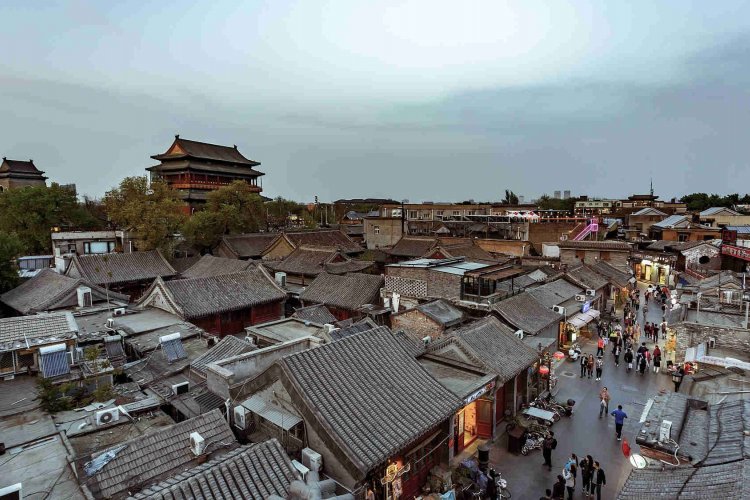Good and Bad News For Beijing’s Most Haunted House, Chaonei 81
It seems that Beijing's notorious, 100-year-old haunted house and colonialist-style building, 81 Chaonei Dajie, is under renovation. The building has now been abandoned for at least 67 years and thanks to its loosely guarded premises is a popular spot among Beijing historians and urban explorers alike, as our intrepid former beijingkids correspondent Sisi Chen went to see for herself last year. The building was even the protagonist in a Chinese horror movie released in 2014: The House that Never Dies.
After some mutterings that the building was undergoing a complete overhaul (as many Dongcheng District properties currently are) and that security was tightening up around the building, we went back for a visit to see how one of our favorite Beijing haunts was faring.
RELATED: Beijing's Most Haunted House Getting a Facelift, Will Reopen as Tourist Attraction in October
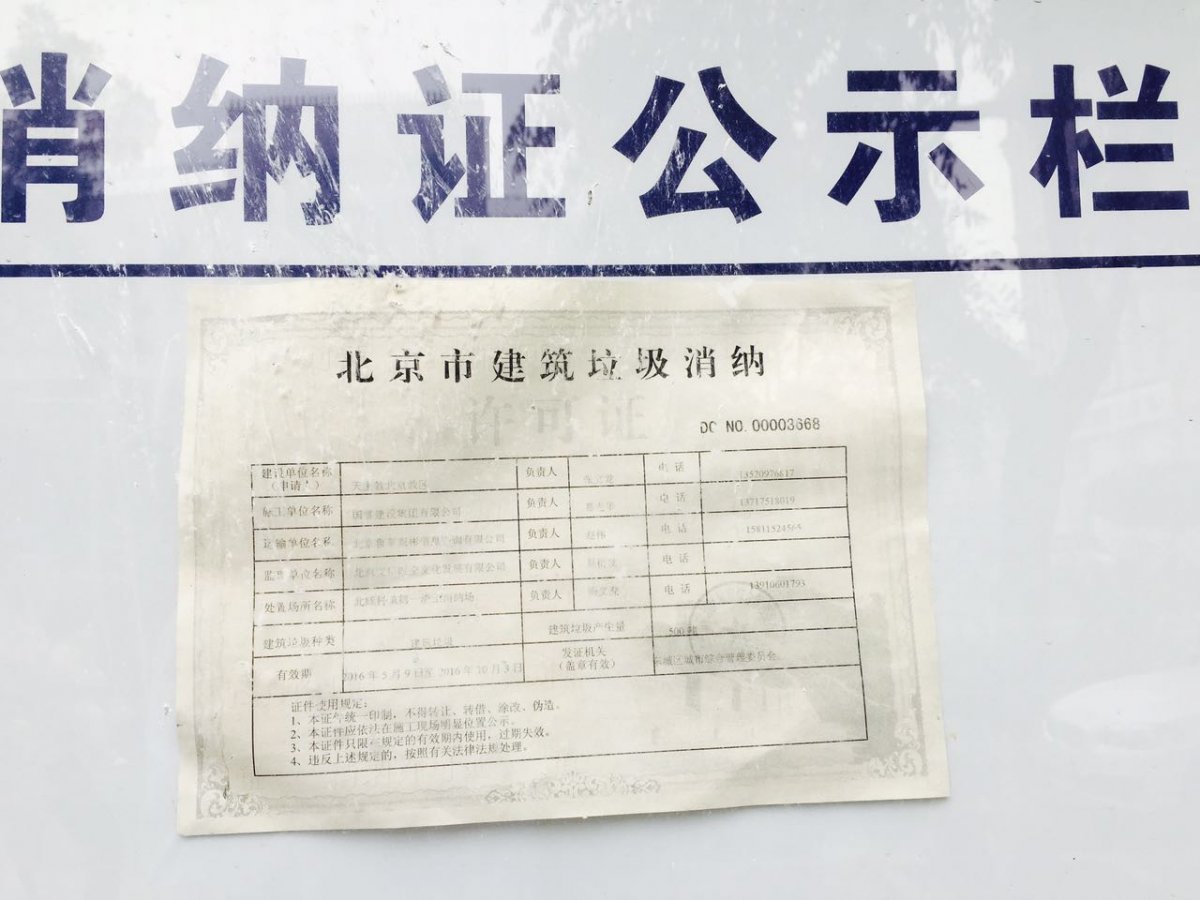
The good news is that the “haunted house” appears to be getting a facelift, so the ugly barriers that have been blocking view of the derelict house from Chaoyangmen Neidajie should at some point in the future be removed. There are a couple of signs on the padlocked main door: one exhorting a stern “No parking here!” and another public notification regarding construction waste, describing that the building belongs to Beijing Catholic Diocese, and is under construction with supervision from the Guodu Construction Group. It goes on to say that construction will be completed by October 3. Hooray! Just in time for Halloween.
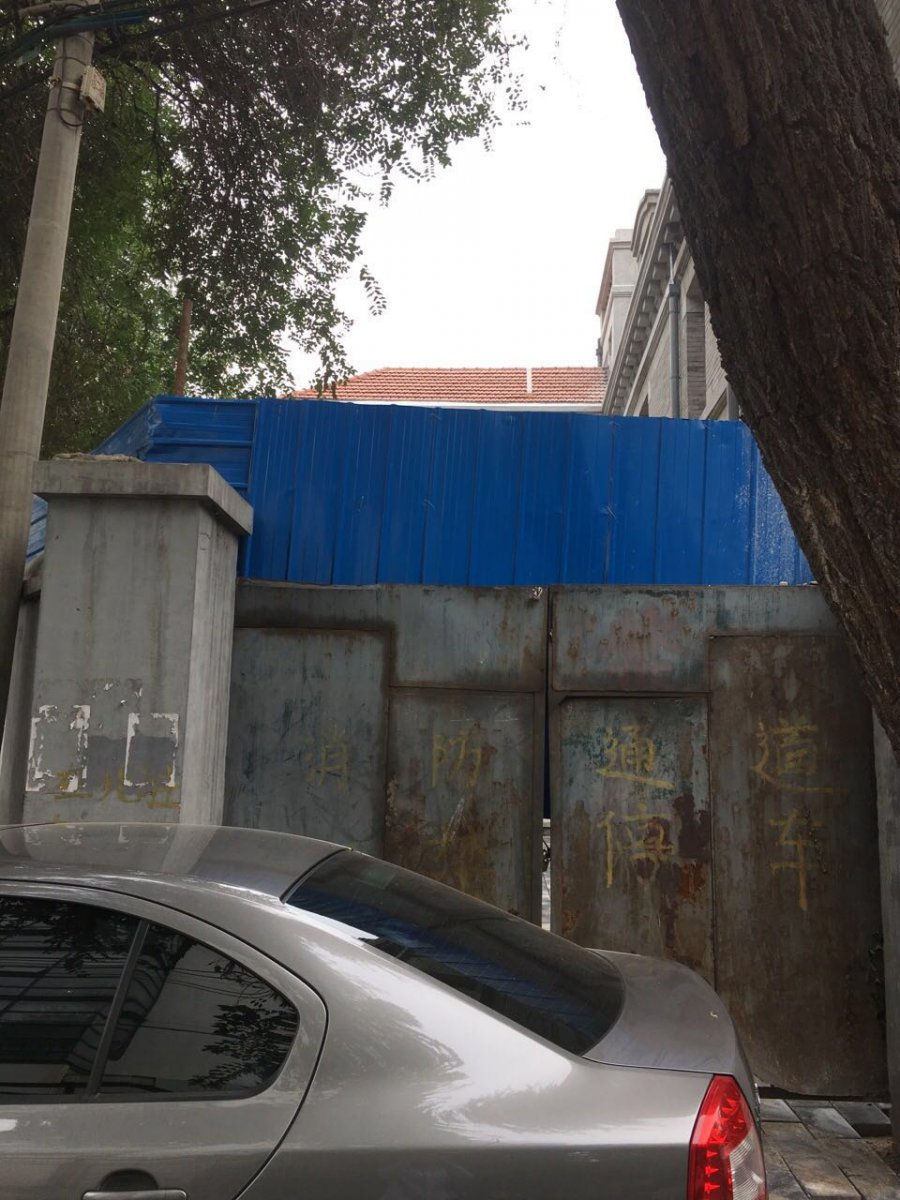
From a crack in the main door we could see a plenty of construction materials in the yard, mountains of sand, and hear workers busily shoveling it. We also noticed that the main building looks brand new from being painted and repaired. Thirdly, we noticed that the main wall had also been painted, rebuilt, and the entrance narrowed. Moving around the wall, we found that the back entrance was also sealed shut.

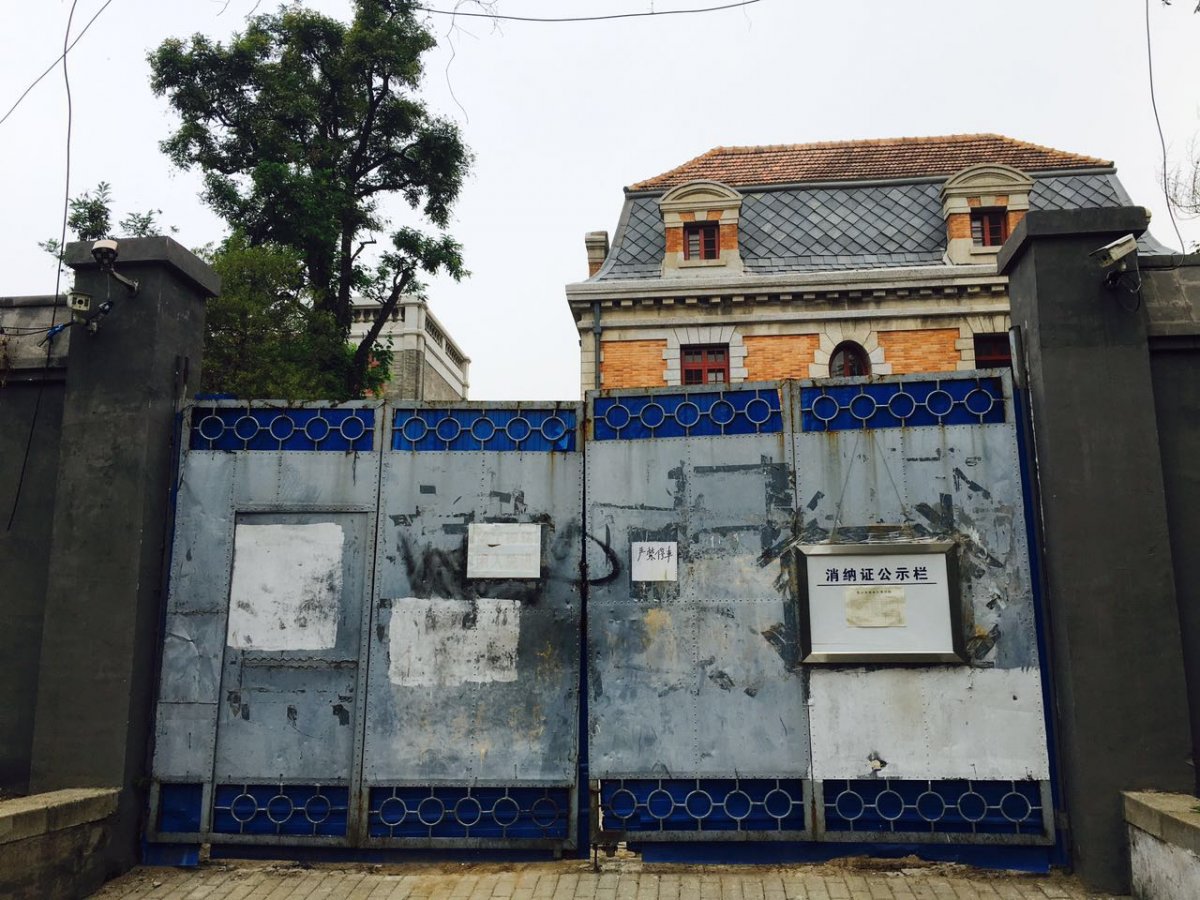
However, here comes the bad news. Upon asking a cleaner if they knew what was to become of the house, the doorman happened to walk out from the nearby public toilet and spoke to us in very formal terms, saying, “the place won’t be open to the public after the renovation; it will be turned into an office building.” Maybe our questioning face gave our intentions away, leading the doorman to continue, “your generation is too curious. Go home, there’s nothing special here.” He then walked to the front door, knocked on the iron door, lowered his voice and talked to the people inside. Within 20 seconds, he had disappeared inside.
As for the house's history, Sisi Chen described it as thus:
"According to a New York Times article from 2013, legend goes that Chaonei 81 was once occupied by a Kuomintang officer. When the Nationalists defeated the KMT in 1949, the officer left his wife or concubine behind as he fled to Taiwan. In her grief, she hung herself from the rafters of the French Baroque-style house and has haunted the place ever since.
The property's current owner, the Beijing Catholic Diocese, contends there was never a KMT official. The NY Times article reports that a representative from the Chinese Patriotic Catholic Association (the organization that oversees the Beijing Catholic Diocese) told a local newspaper in 2009 that the mansion was originally built as a language training center for foreign missionaries in 1910. In 1930, it was renamed the California College and also started teaching diplomats, businessmen, and scholars.
However, some historians dispute this claim and say Chaonei 81 originally served as the private residence of the French manager of a railway construction company. On the eve of the Communists' arrival in 1949, they say the house was controlled by the Irish Presbyterian Mission – hence Chaonei 81's current connection to the Beijing Catholic Diocese.
Any attempts at historical accuracy were overshadowed by the 2014 release of The House that Never Dies, a 3D horror blockbuster based on the legend of Chaonei 81 that drew throngs of thrillseekers to the house.
Soon after, the management barred access to the house out of concern that the dilapidated floors couldn't support the weight of so many new visitors."
So, it appears that Chaonei 81 will be tremendously less haunted come October and is unlikely to be open to the public. But at least this historic architectural gem will remain somewhat intact, and who knows, maybe if you don't look too inquisitive you'll be able to sneak in for a look around the new digs.
More stories by this author here.
Email: tracywang@thebeijinger.com
Twitter: @flyingfigure
Instagram: @flyingfigure
Images: Tracy Wang, Sisi Chen

